At Kreamer Feed, we’ve spent nearly 80 years helping farmers raise healthy animals the right way: through nutrition that works, feed you can trust, and relationships that last. As a family-owned and operated business, we know firsthand that animals can’t always tell us what’s wrong, but their bodies will. Recognizing the early animal nutrient deficiency signs can make all the difference between a thriving herd and long-term health setbacks.
If you’ve noticed changes in your livestock’s appearance, behavior, or productivity, they may be signaling something deeper. An imbalance in their nutrition could be the cause. Here's what to look for and how the right feed can help.
1. Coat and Skin Changes
One of the first animal nutrient deficiency signs often shows up on the outside. A dull, patchy, or thinning coat can be a red flag. Coat and skin changes like flaking, scabbing, or unusual shedding may point to a lack of essential nutrients such as zinc, copper, or essential fatty acids.
Healthy skin and a glossy coat don’t just look good. They’re signs of internal balance. Animals need proper levels of vitamins A and E, along with the right protein profile, to maintain strong skin barriers and coat health.
Pro Tip from Kreamer Feed: Watch for seasonal shifts or feed changes that coincide with coat issues. Our feeds are balanced to support consistent coat health year-round.
2. Digestive Irregularities
Another key indicator is what’s happening in the gut. Digestive irregularities like diarrhea, bloating, or changes in appetite can signal a deficiency in fiber, enzymes, or key minerals like magnesium and potassium.
Poor digestion affects nutrient absorption. This means your animals could be eating enough but still not getting what they need, leading to a spiral of poor health outcomes.
At Kreamer Feed, we formulate our products with natural animal nutrition in mind, using high-quality ingredients that are easy to digest and effective for nutrient uptake.
3. Lethargy and Weakness
If your animals are more sluggish than usual or struggling with physical exertion, don’t dismiss it as normal fatigue. Lethargy and weakness are often connected to imbalances in energy-producing nutrients, especially iron, B-vitamins, and proteins.
Deficiencies in these areas can result in poor muscle development, low stamina, and decreased activity. These are all signs your animals aren’t getting the fuel they need to thrive.
4. Poor Growth Symptoms
Young animals showing poor growth symptoms may suffer from calcium, phosphorus, or protein deficiencies. These nutrients are critical for development. Signs include smaller size for age, stunted bone growth, or difficulty gaining weight even with a steady diet.
Growth issues don’t just affect productivity. They can also lead to long-term structural or reproductive problems. That’s why we take the time to ensure our feed formulas deliver balanced, species-specific support from day one.
5. Immune System Weakness
An underperforming immune system puts animals at risk for frequent illness, infections, or poor response to vaccinations. Immune system weakness is often tied to deficiencies in selenium, vitamin E, and other immune-boosting minerals.
When your animals are frequently sick, there’s more at stake than vet bills. Overall productivity suffers, stress levels increase, and the entire farm ecosystem can be affected.
Nutrition That Works. Trust That’s Earned.
As leaders in organic poultry and livestock feed, Kreamer Feed delivers more than just high-quality nutrition. We deliver peace of mind. Every bag is backed by decades of experience, trusted relationships with local growers, and a commitment to helping you spot and solve nutritional problems before they impact your farm’s success.
We’ve seen firsthand how early detection of animal nutrient deficiency signs can protect your investment and improve the lives of your animals. If you’re noticing any of these symptoms, don’t wait. The right nutrition can turn things around quickly.





0 comments